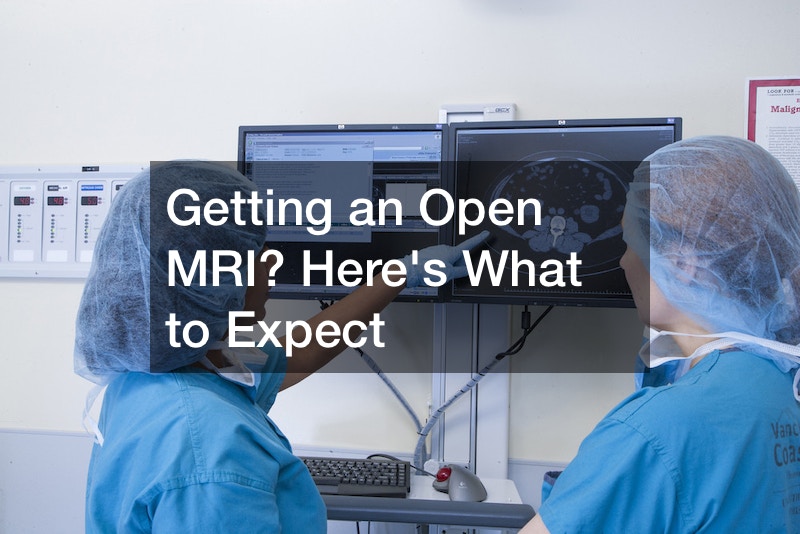
Participating in paid clinical trials can be a rewarding experience, both for contributing to scientific research and for receiving financial compensation. If you’re considering enrolling in a trial, it’s important to understand the process and what you can expect during your participation. Here’s a breakdown of key steps and considerations:
1. Pre-Screening and Eligibility
Before being accepted into a paid clinical trial, you’ll need to undergo a pre-screening process. This typically involves answering questionnaires about your medical history, current health status, and any medications or treatments you may be undergoing.
The goal is to determine if you meet the specific eligibility criteria for the trial. Some trials may require participants with certain medical conditions, while others may only accept healthy individuals. You may also need to provide blood samples or undergo physical examinations as part of this initial screening.
2. Informed Consent Process
If you pass the pre-screening, the next step is reviewing and signing an informed consent form. This document outlines the purpose of the trial, potential risks, and the benefits of participation. It will provide information about the treatment or drug being tested, the trial’s duration, and any side effects that could occur. The informed consent process ensures that you fully understand the commitment you’re making and the potential impact on your health. You’ll have the opportunity to ask questions and can withdraw from the trial at any time without penalty.
3. The Trial Itself
The nature of your participation will vary depending on the type of clinical trial. For instance, you might be testing a new medication, using a medical device, or receiving a specific type of treatment. Trials can be conducted in phases, and your role might involve taking medication, attending regular check-ups, or undergoing medical procedures. Many trials are double-blind, meaning neither you nor the researchers will know if you’re receiving the actual treatment or a placebo. This ensures the data is unbiased.
4. Monitoring and Follow-Up
Throughout the trial, your health and response to the treatment will be closely monitored by medical professionals. You may be required to keep a journal or attend regular appointments to track your progress and report any side effects. These follow-ups help researchers gather the necessary data to assess the treatment’s effectiveness. Depending on the trial, you may have to make several visits to the clinic or even stay overnight for observation.
5. Compensation and Final Steps
The financial compensation you receive will depend on the length and complexity of the trial. Some participants are paid per visit, while others receive a lump sum upon completing the trial. You’ll also undergo a final health assessment to ensure you’ve experienced no lasting side effects from the treatment.
Watch the video above to learn more about participating in paid clinical trials!.




